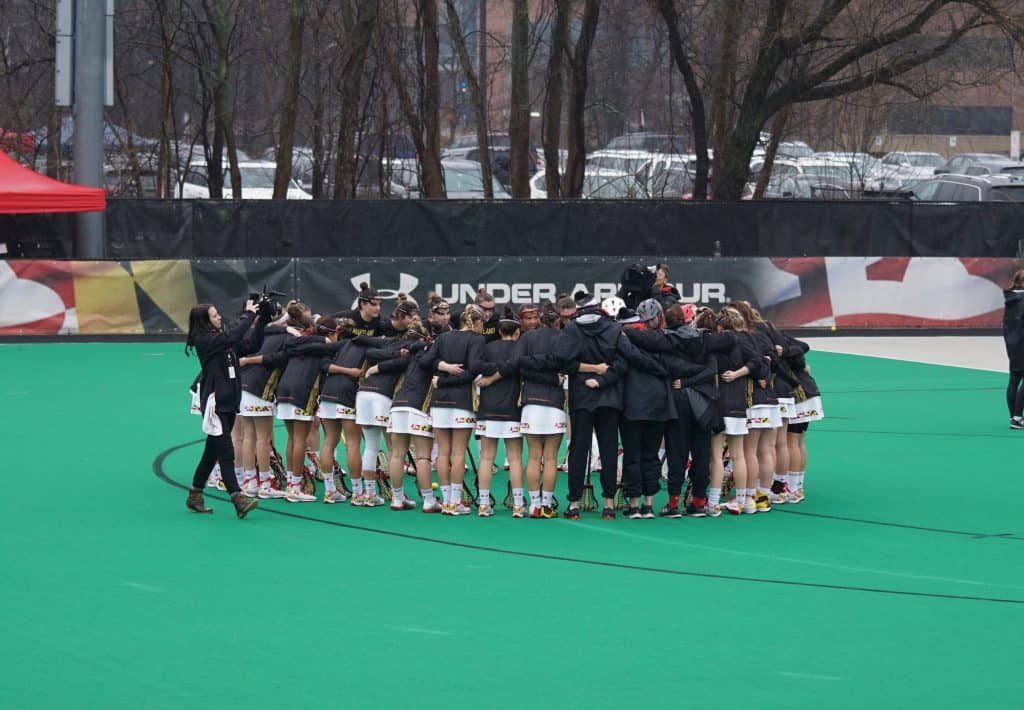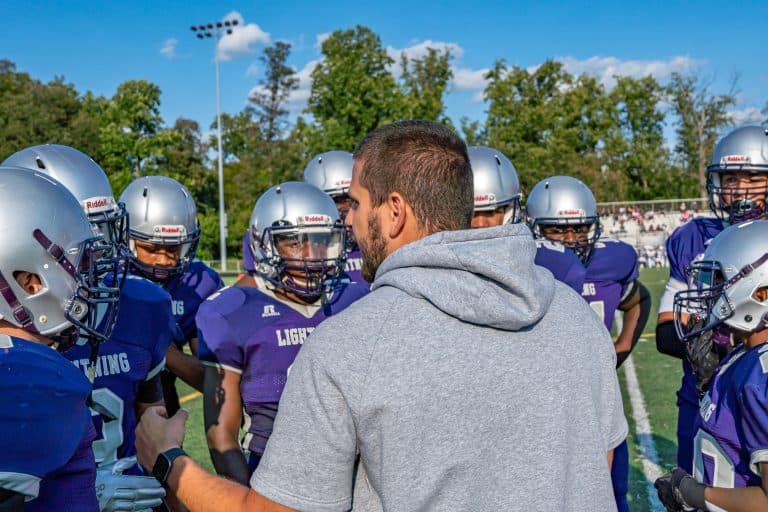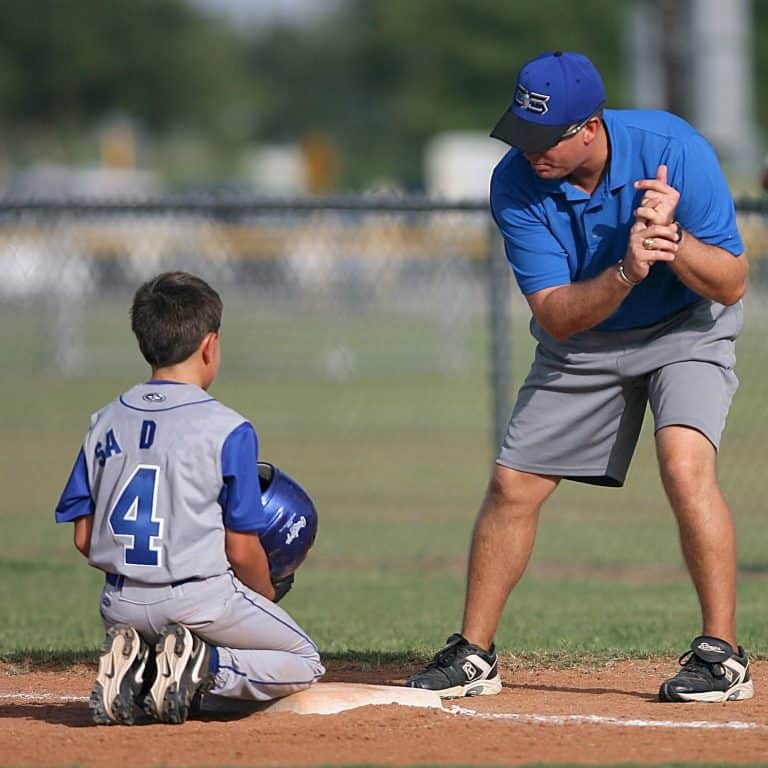The Essential Role of Effective Communication in Sports Teams
Communicating Team Goals Clearly
Communication is said to be the key to success in both the sport and business world. European Leaders recent research showed that poor communication is responsible for reduced performance in the business world. Being able to communicate effectively is not limited to how your athlete is feeling. Effectively conveying the goals of the team for the season is also a critical aspect of communication.
The Risk of Misalignment: Lessons from Business Research
The study by European Leaders demonstrated that 68% of those surveyed fail to understand their company’s vision. As a result, employees felt less engaged with their company and their performance was not at the highest possible level.
Impact on Athletes and Sports Teams
If your team does not understand the goal for the week, season or year, they may also feel disengaged with the team and therefore less likely to produce a peak performance.
Read why engagement is so crucial in our article on Do your Athletes Care?
Lost Potential from Poor Communication
Only 36% of those surveyed believed they were working to their full potential. This figure is indicative of the potential lost when communication skills are not utilized. Effective communication in sports isn’t just nice to have, it drives results. The 2015 European Leaders Study found 41% of employees link clear communication to higher performance, and the same holds true for athletes. When coaches communicate clearly, teams stay aligned, motivated, and perform at their peak.
“There is no single element of the coaching process that is more important than communication." - Spink, 1991
The Role of Coaches and Management in Effective Communication
Poor Communication as a Leading Cause of Athlete Burnout
Why do coaches need good communication skills?
Coaching and senior management staff must have the ability to communicate effectively to foster a successful environment, no matter what sport they are a part of. Despite this, little time is devoted to helping Coaches become better communicators, even though there have been countless studies which emphasize the importance of successful communication.
One study interviewed high-level teenage athletes who suffered burnout and found it was not physical exhaustion which most contributed to burnout. Poor communication was found to be the leading factor which contributed to burnout in the young athletes. The lack of communication created a perceived low level of personal control over the situation in which they trained.
Watch Bo Hanson speak on the subject of Burnout in Young Athletes here.
Stress, Control, and the Pressure to Perform
Poor communication left athletes feeling stressed and unable to cope, as they deemed their environment controlling and overly pressured.
Learning from Business: Motivating Through Communication
The study by European Leaders also noted the importance of managers being able to identify what motivates their employees. This allows managers to try to make work more engaging, resulting in employees feeling more motivated to create a better performance.
“Being an effective communicator is a distinguishing characteristic of expert Coaches” - Bloom, 1996
Communication is the Key to Success
Improving communication skills is a relatively inexpensive process which can improve performance dramatically.
Communication skills are so important to success in both business and sport, and this has been demonstrated in countless studies. Improving on the communication skills of the people in your team or business is an easy and relatively inexpensive way to develop your overall performance. This little bit of effort can result in a massive improvement, which may become part of your competitive advantage. Don’t let it become your competitions!
At Athlete Assessments, we’re here to provide you with excellence in service and here to help you be your best. If there is anything we can assist you with, please Contact Us.
Future-Proof Your Program - A 6 Step Guide
If you enjoyed this article, you may enjoy our recent Article on Future-Proofing NCAA Programs: Understanding Why Athletes Leave and How Coaches Can Retain Them. Where we discuss attachment and detachment and how research affirms that coaches who commit to understanding why athletes leave or stay, and invest in meaningful connections can significantly reduce attrition and create programs where athletes want to stay. When athletes feel deeply connected, supported in their growth, and clear about their future—they don’t just perform better. They stay longer, contribute more, and become ambassadors for your program.
Lizzy Ristano, Client Advisor at Athlete Assessments and former Associate Head Coach at the University of Notre Dame Softball, knows this firsthand;
“Athletes don’t stay just because things are going well, they stay because they feel like they matter. When players know their coach understands who they are, what they care about, and where they want to go, it creates a level of trust that’s hard to walk away from.” - Lizzy Ristano, 2025
Recommended Articles
With the NCAA transfer portal movement at an all-time high and the growing influence of NIL, athlete retention is more challenging than ever. Discover strategies on how NCAA coaches can retain their top athletes and continue to build their programs.
The benefits of a strong and effective coach-athlete relationship has had the spotlight for some time now due to the intrinsic and positive links it has on performance. What’s interesting is coach-administrator relationships have come under increased scrutiny as research highlights poor athlete outcomes across the spectrum of collegiate and professional sports when these relationships breakdown. However, we’ve now seen that addressing this divide at the educational level is producing results in the real world. So, we spoke to Sara Lopez, Ph.D., Teaching Professor of the University of Washington’s unique Intercollegiate Athletic Leadership Master of Education about how.
Let me ask you the most important of coaching questions, “What style of coach are you?” As coaches we occupy a special, even privileged place in our athletes’ lives. On the surface, we are just a part of their athletic journey, but really, we often spend as much, if not more time with our athletes, than their family and close friends.
Captain or leadership group, how can you determine what the right structure for your team is? Who should be appointed as the leader and, what exactly does the person in the leadership role do? These were some of the critical leadership questions we unpacked in our recent open webinar, ‘Choosing Captains and Leadership Development Within Your Team’.
Video Presentation by Bo Hanson, 4x Olympian and Coaching Consultant What coach communication skills are critical for a coach-athlete relationship? What makes for effective communication between a coach and an athlete. How can you become a…
https://youtu.be/QIkLC2Js41MWe all know that communication in sport is the foundation of coaching. It doesn’t matter how brilliant you are as a technical or physical training expert, if you can’t communicate this to others, the opportunity is…








